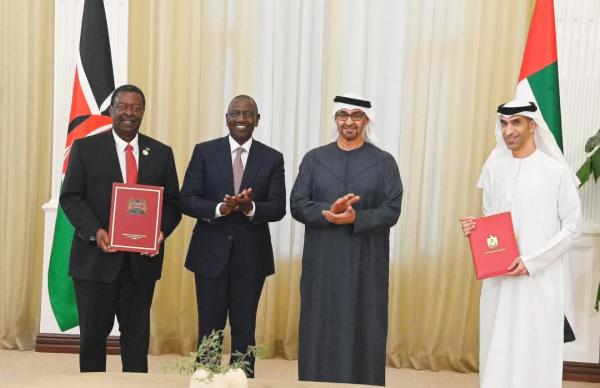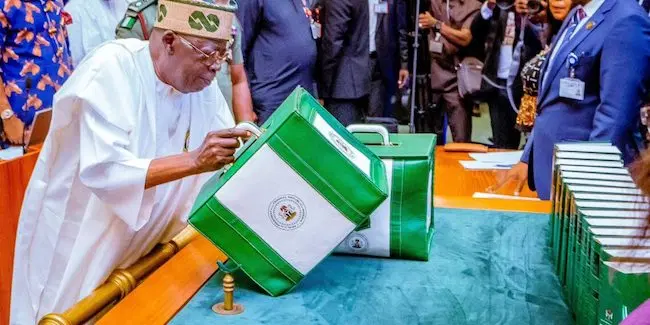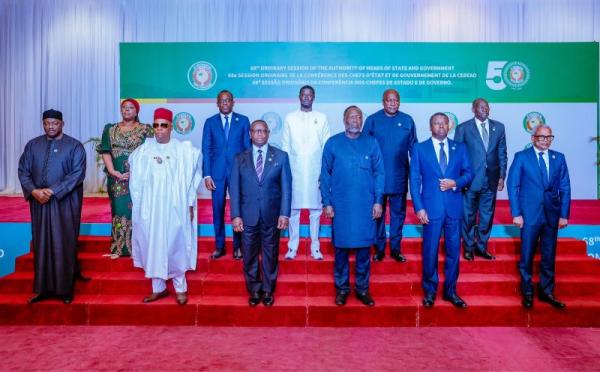
The UAE and Kenya have entered into a Comprehensive Economic Partnership Agreement (CEPA) designed to bolster trade and investment between the two countries.
This paradigm shift marks the UAE's inaugural bilateral trade agreement with an African nation, showcasing its commitment to diversifying its economy beyond oil dependency.
In the first three quarters of 2024, non-oil trade between the UAE and Kenya soared to $3.1 billion, reflecting a remarkable 29.1% increase compared to the same timeframe in 2023.
This impressive growth highlights the strengthening economic relationship fostered by the CEPA.
Kenya, recognized as one of Africa's most promising economies, achieved a real GDP growth rate of 5.6% in 2023.
Forecasts suggest an average growth rate of 5.2% from 2024 to 2026.
Key sectors such as services, which contribute 53.6% to Kenya’s GDP, and agriculture, accounting for approximately 25%, offer substantial opportunities for UAE businesses looking to expand in the region.
The CEPA is poised to enhance investment in high-potential areas, including information and communications technology (ICT), banking, tourism, infrastructure, and renewable energy.
This aligns with the UAE’s broader economic strategy, which aims to double the economy's size to over $800 billion by the decade's end, with foreign trade as a key pillar.
Additionally, the agreement seeks to eliminate trade barriers across a wide array of goods and services, opening new avenues for importers and exporters in both nations.
Kenyan businesses are expected to capitalize on the UAE’s strategic geographic and logistical advantages to broaden their market access.
This initiative is part of the UAE’s ongoing strategy to strengthen economic relations with African countries, following similar agreements with nations like Mauritius and the Republic of the Congo.
The CEPA with Kenya is expected to further solidify the UAE’s role as a reliable partner and investor in Africa.






















